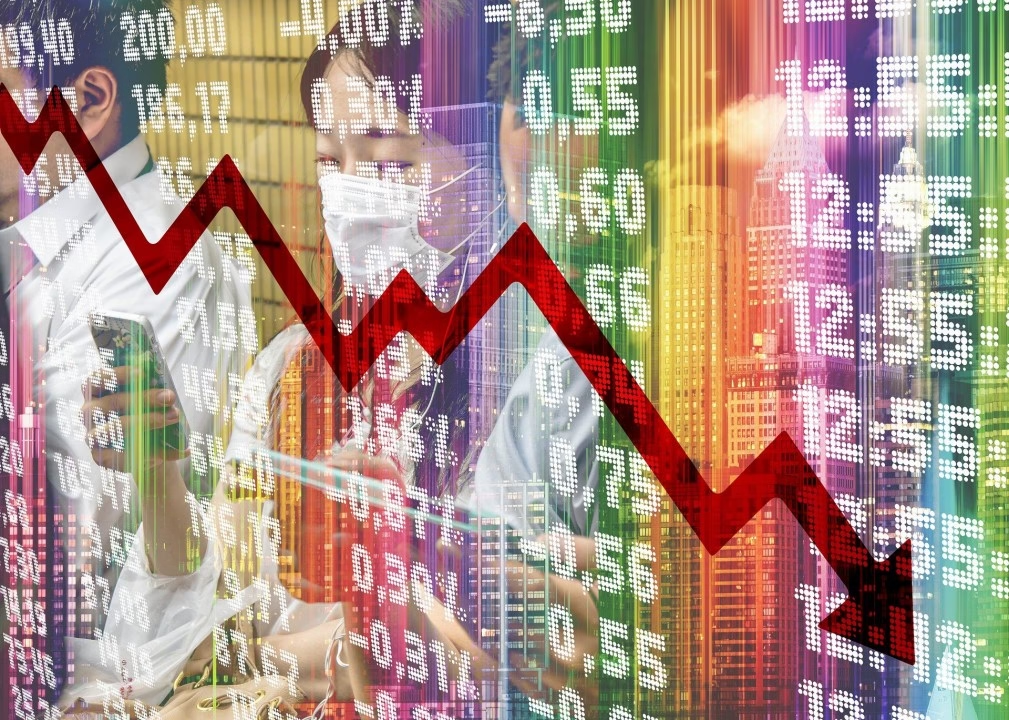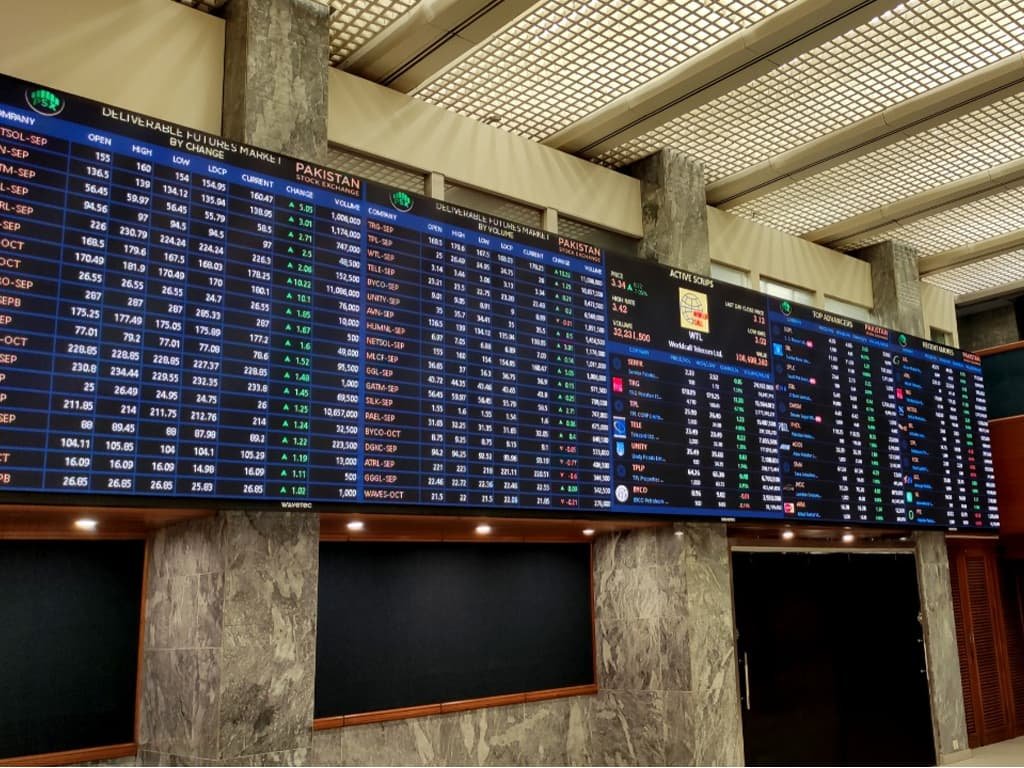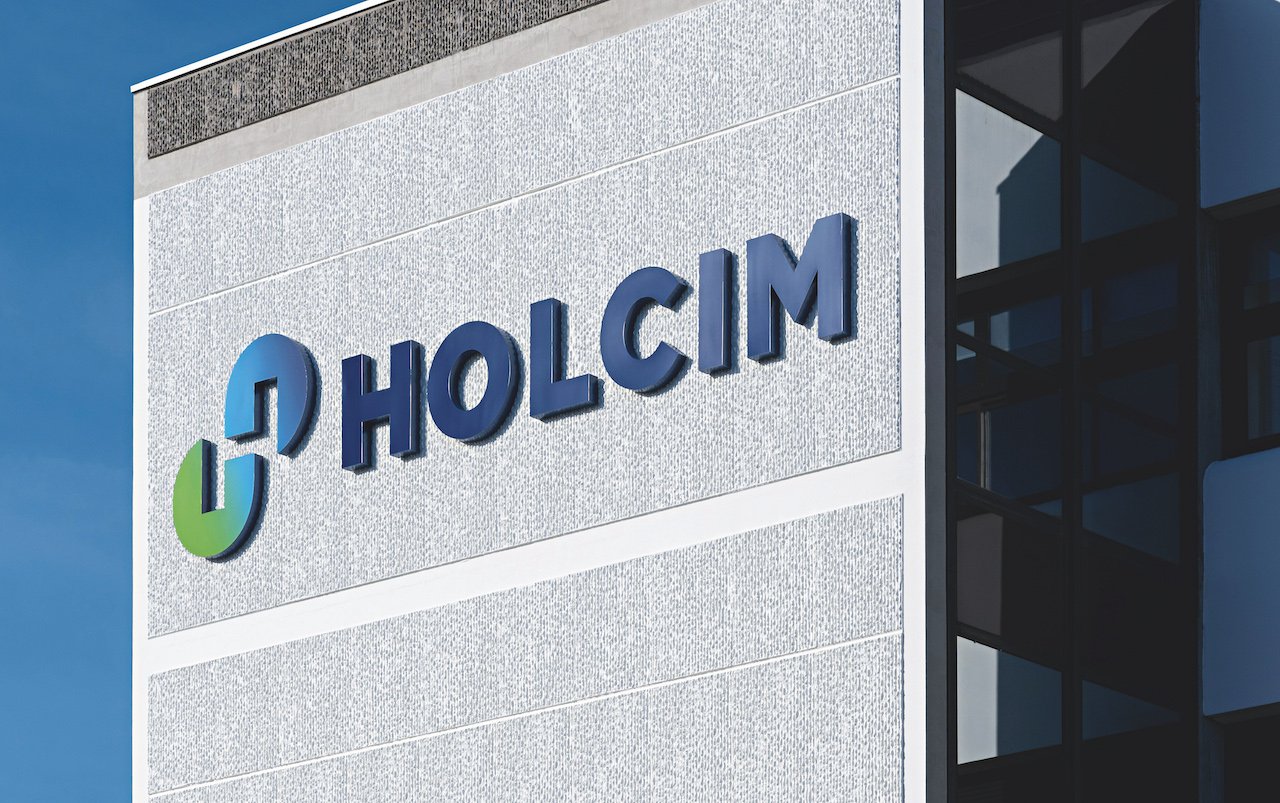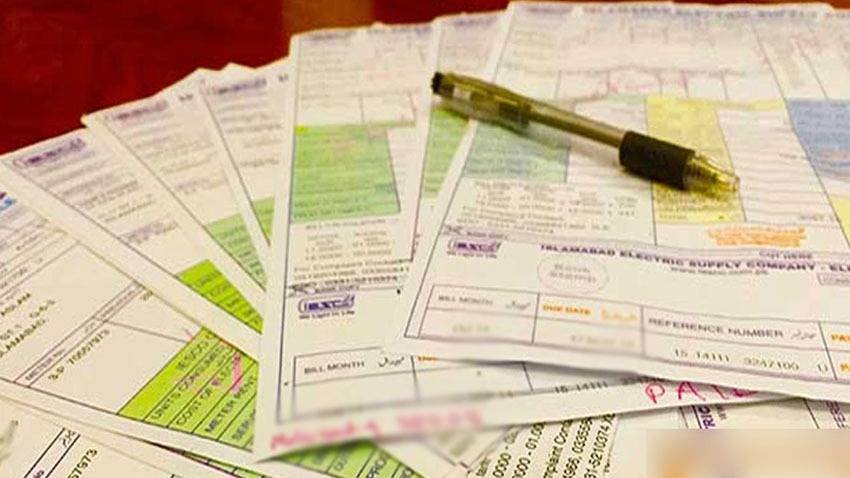In Bucharest’s working-class neighborhoods, economic hardships and inflation dominate daily life as Romania braces for pivotal elections. Pensioners like 65-year-old Ana Sandu, reliant on limited pensions and family support, face stark choices as inflation, though improved, remains a pressing issue.
Living on a monthly pension of about $400, Sandu manages her household expenses—including medication and utilities—amid soaring costs. Like many, she shops late in the day to benefit from lower food prices, a reflection of the economic strain gripping the country.
Romania, one of Europe’s poorest nations, is navigating high consumer prices, political uncertainty, and a growing debt burden, with a debt-to-GDP ratio nearing 55%. Experts like Cristian Valeriu Paun emphasize urgent reforms to tackle tax evasion, budget deficits, and inefficiencies in state-owned enterprises. However, political will and time are in short supply.
The economic crisis has fueled support for far-right candidate Calin Georgescu, who won the first round of Romania’s presidential election. A pro-Russian figure, Georgescu’s rise underscores growing frustration with mainstream politicians and economic stagnation. Critics argue his platform lacks viable economic solutions, yet it resonates with voters seeking immediate relief.
Meanwhile, pro-European candidates advocate for Romania’s continued alignment with the EU and NATO, stressing long-term economic reforms to stabilize the country. But as legislative and presidential runoff elections approach, voters like Adrian Dragnea express tempered hope for change.
For many Romanians, the elections offer a chance to address systemic issues and build a more stable future, though the path forward promises to be challenging and uncertain.



